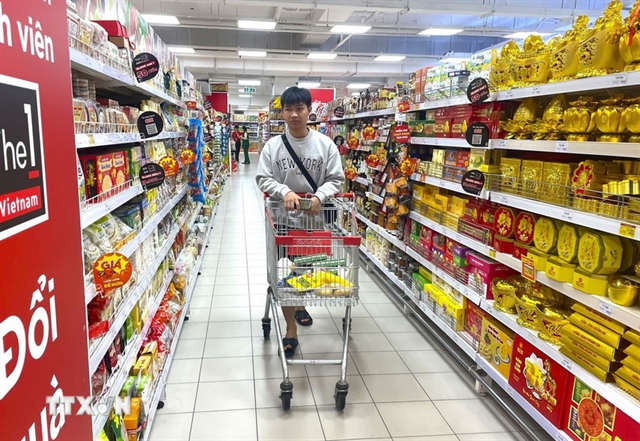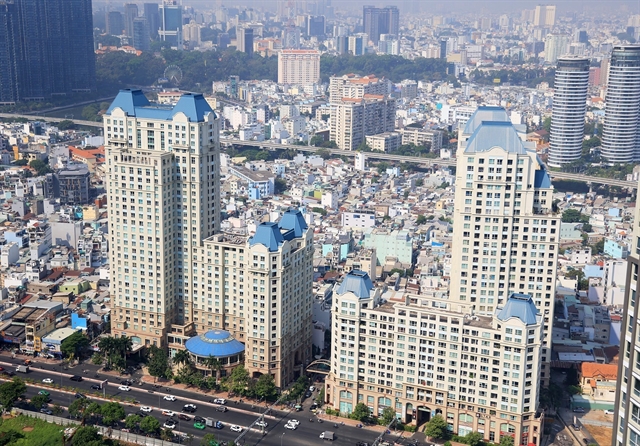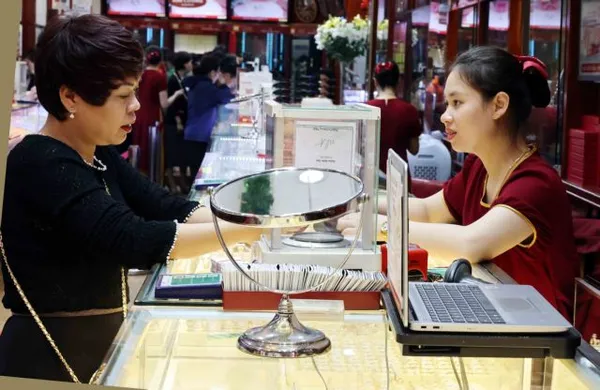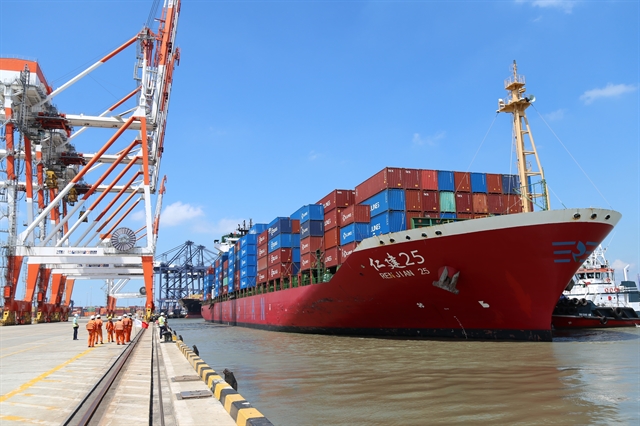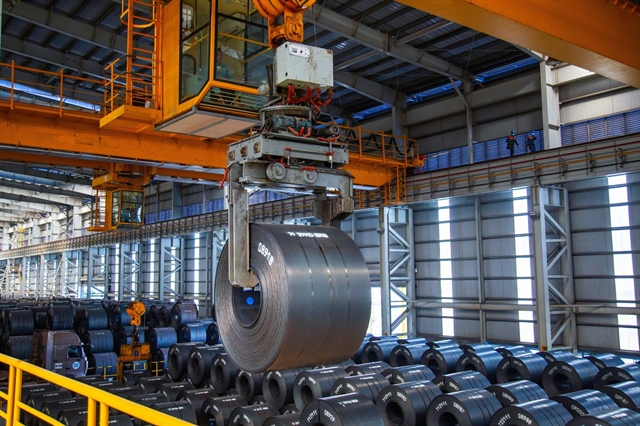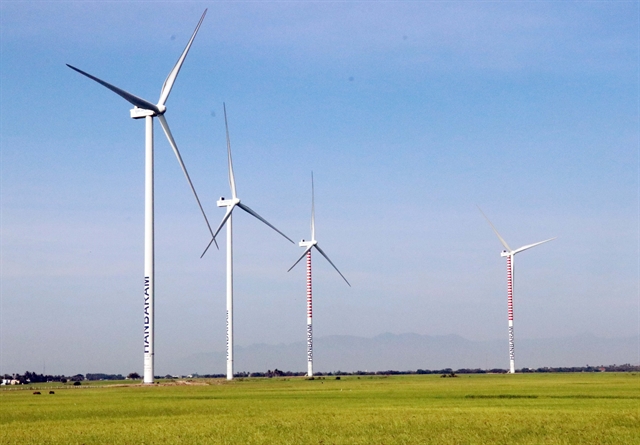.jpg) |
| A customer surfs on an e-commerce platform. — VNA/VNS Photo |
HÀ NỘI — Millions of packages of small, low-value items that are crossing the border into Việt Nam daily should be subjected to VAT, special consumption and environmental taxes, according to industry experts and domestic e-commerce sellers.
During a recent meeting of the National Assembly Standing Committee in Hà Nội, Lê Quang Mạnh, chairman of the NA's finance and budget committee, proposed the Government to consider removing the current tax exemptions on imported goods with low value. The vast majority of those are being imported through e-commerce platforms, including some of the largest in the country such as Shopee, Lazada and TikTok, with combined value reaching billions of dollars monthly.
According to the chairman, in the past the number of small, low-value items was not as significant to warrant a tax. However, with the explosion of cross-border e-commerce in recent years, both their volume and value have increased manifold.
In a report by the Vietnam Post Corporation in March last year, there were an average of about 4-5 million orders per day from China entering into Việt Nam, with the value of each order ranging from VNĐ100,000-300,000, thus the total value could reach US$45-63 million per day.
Mạnh said Việt Nam should follow an example set by many countries in removing the tax exemption to create a fairer business environment among domestic and international e-commerce sellers.
Nguyễn Thanh Liên, owner of an e-commerce fashion store based in HCM City, said a VAT tax on imported low-value items helps even the odds for domestic sellers and may even raise their revenue.
"Currently, domestic sellers have to bear a tax of 1.5 per cent of their total revenue, plus other expenses. Their profit margin remains razor-thin at just 3 to 4 per cent with months dipping into the red due to pressure to run promotions to compete with foreign sellers," he said.
Sticking to their profit margin means risking losing customers with the competition, especially in the category of low-value products, where warranty and returns are not an important factor to consider.
Huỳnh Thanh Ngân, owner of both online and offline household goods in HCM city, said Chinese and South Korean sellers have been thriving in Việt Nam without paying taxes or fees. Meanwhile, domestic sellers have been left to fend for themselves.
"In addition to taxing imported products, the Government should introduce policies to support domestic sellers," she said.
Nguyễn Bình Minh, deputy head of the economic and e-commerce information faculty from the University of Commerce in Hà Nội, said low-value items under VNĐ1 million are often declared as gifts, exempted from tax and therefore, giving foreign sellers an unfair advantage over domestic ones.
Minh said it's unlikely and difficult for domestic sellers to be able to compete on price with foreign sellers who are able to leverage millions of suppliers and highly developed logistics infrastructure on their side. He advised domestic sellers to instead focus in developing quality, branded products using their market understanding while further cut down on cost.
"Cross-border goods entering Việt Nam should be subjected to greater scrutiny to reduce counterfeits and low-quality goods," he said.
A VAT tax is the first step in the right direction and in the short-term is useful to domestic sellers but in the long run, they will have to play every single advantage in their disposal to win the market, said industry insiders and experts.
Lê Hồng Đức, founder of a digital ad company in Việt Nam, said as the vast majority of items are low-value a 10 per cent VAT will not likely do much to stop them. Other import duties and environmental taxes should also be considered, citing examples of Western economies' taxes on fast fashion items. — VNS
 Economy
Economy

.jpg)




